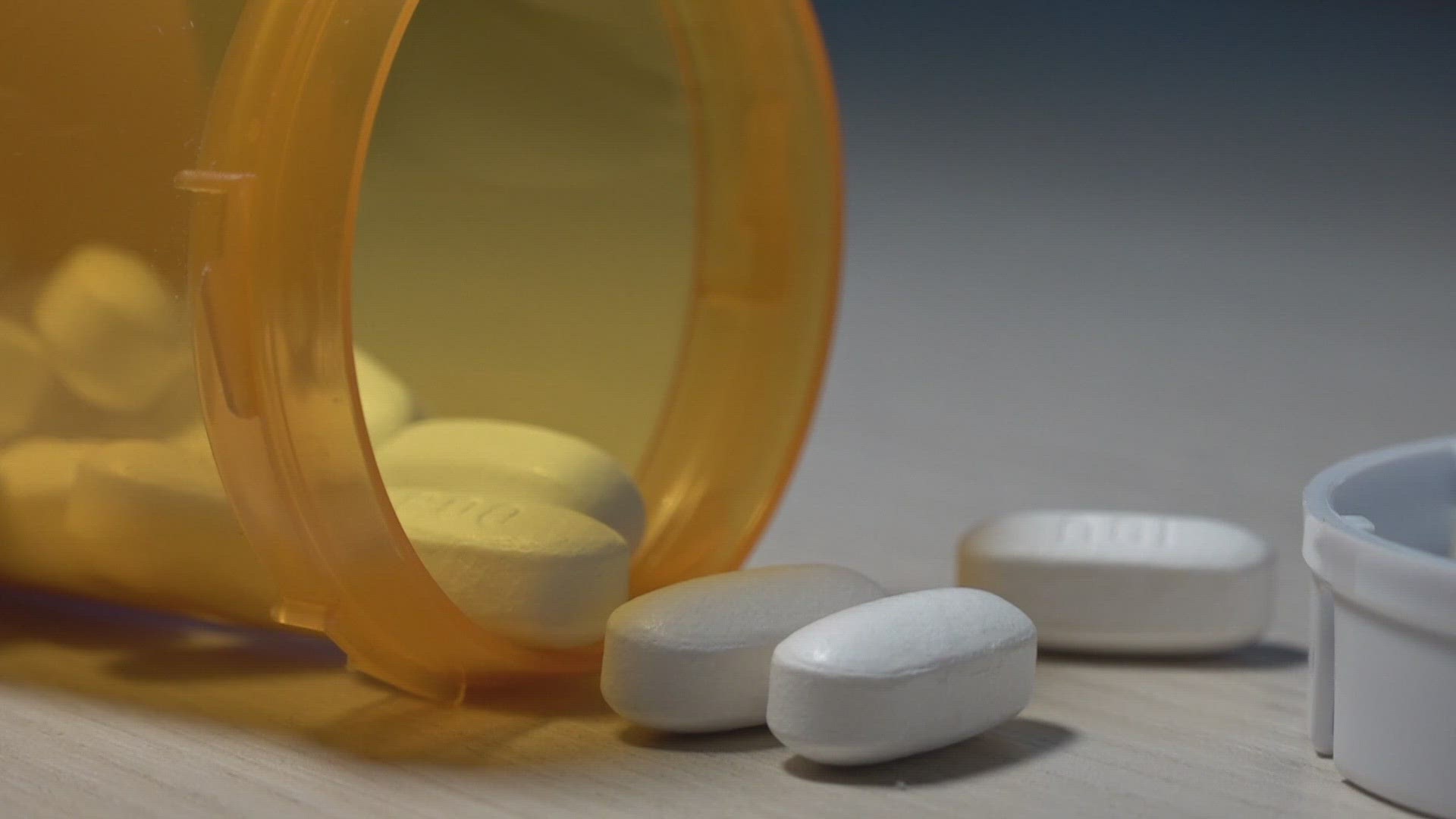KNOXVILLE, Tenn. — If someone uses drugs and overdoses in Tennessee, they may not face criminal charges if they seek medical help. Tennessee's Good Samaritan overdose law was created to help make sure people get the help they need and prevent deaths from drug overdoses.
But in August 2023, Ben Kredich was fatally hit by a person driving after authorities said he had taken drugs. Just two hours before, Shannon Walker was treated for an overdose and taken to a hospital, where he refused further treatment and was released. Narcotics were found in Walker's car, and he was charged with vehicular homicide and driving under the influence.
"It's mind-boggling to me that this man had essentially overdosed just hours before he killed Ben. And that minutes before he killed Ben, he had regained the ability to overdose again or to impair himself again. And he had access to the car," said Matt Kredich, Ben's father.
Usually, when dispatchers receive a call about an overdose, medical responders are the first on the scene. If a person poses a threat to themselves or others, law enforcement responds. And according to Tennessee's law, people are immune from drug violation charges.
However, other charges may be placed against them depending on the situation.
"It really encourages people who witnessed a drug overdose to call, knowing that they are immune from being prosecuted for any drugs they have on them right then, to help save a life," said Attorney General Charme Allen. "It's really about keeping more and more people alive."
Calls about overdose are given discretion based on legal options, circumstances surrounding the call and personal judgment. Police were not sent to Walker's initial overdose call.
"Ben Kredich's death was a deeply tragic consequence of the overdose and opioid epidemic, and not a result of the efforts that are being made to respond to the overdose epidemic and save lives," KPD said in a statement.
Allen said she believes if people do not face consequences for using drugs, they may use them again after an overdose.
"There are many folks in our society that do not use that one free pass to their advantage," she said. "In the criminal justice system, we then have the ability to force them into treatment, to force them to realize that they have a problem."
Meanwhile, Ben's family continues to grieve.
"If there's something we can do about it, if there's a process that can be improved, that can be fixed, that would prevent a tragedy like this from ever happening again — that's what we want to focus, our sadness and our vision on, to do in Ben's name," said Kim Kredich, Ben's mother.
The Good Samaritan overdose law was supported by the Tennessee Department of Mental Health and Substance Abuse and Governor Bill Lee.

